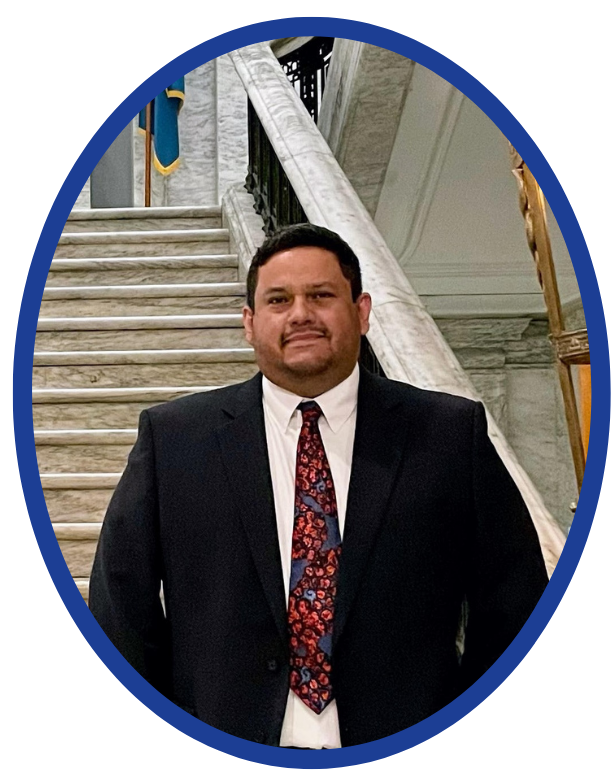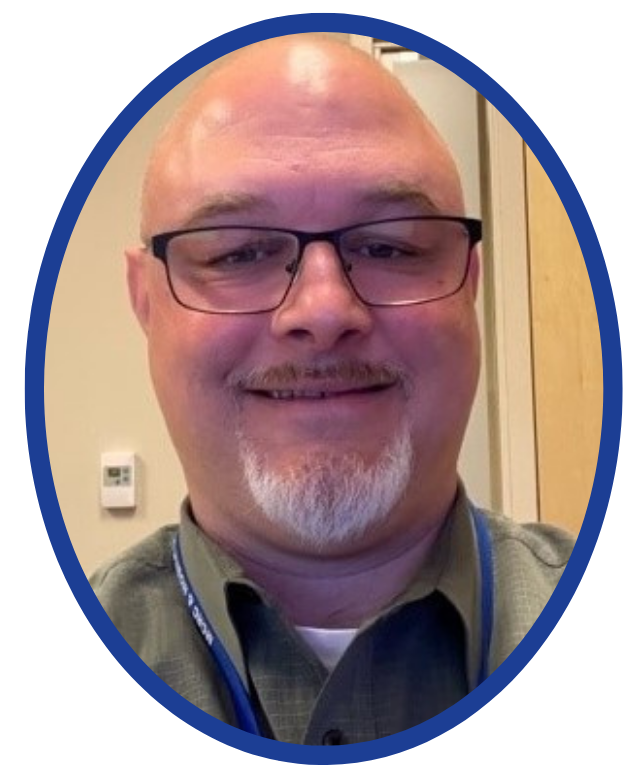- Health Department Blog
- Log in to post comments
In observance of May as Mental Health Month, the Fairfax County Health Department held weekly community conversations highlighting important mental health topics each Wednesday in May.
“We wanted to begin some conversations with our community and to spotlight important issues and resources,” said Lucy Caldwell, Communications Director at the Fairfax County Health Department, and facilitator of the Mental Health Month Facebook Live conversations.
“There is no health without mental health”
The Opioid Crisis is a Mental Health Crisis

Ellen Volo, Coordinator of the Fairfax County Opioid and Substance Use Task Force participated in the first community chat to discuss the opioid crisis in Fairfax and how the Task Force is addressing it. “It’s a collaborative, cross-systems approach involving all different facets of county government,” said Volo. The efforts include Police, the Fairfax-Falls Church Community Services Board, Fire and Rescue, Department of Family Services, Fairfax County Public Schools and other community non-profit and agency partners.
In recent years, fentanyl has become increasingly common in opioid overdoses in Fairfax and across the country. Counterfeit pills laced with fentanyl are serious concern, as someone may think they are taking a non-fatal amount of a certain drug and end up getting a deadly amount of fentanyl instead.
The opioid epidemic is a complex issue that must be addressed at every level. "We have over 30 different programs and activities underway to try to address the opioid epidemic. Those range from prevention to treatment to harm reduction to public safety initiatives and, of course, recovery,” said Ellen. Fairfax County offers a variety of resources for those struggling with opioid use, as well as opportunities for community involvement.”
Youth Self-Harm and Hospitalizations Are On the Rise

Dr. René Najera, Substance Use and Mental Health Program Manager with the Fairfax County Health Department joined the second Mental Health Month Facebook Live to discuss the rise in youth self-harm and suicide rates.
Dr. Najera explained that the demographic differences in self-harm and suicide rates shown in a recent VDH report are, in part, due to how society treats people of different genders and sexual orientations. The report showed non-fatal self-harm emergency department visits and hospitalizations are more common among girls while suicide is more common among boys, which may reflect the fact that boys are generally expected to engage in riskier behavior than girls. Rates of self-harm and suicide is higher in LGBTQ+ youth as they tend to face more adversity.
Self-harm and suicide rates increased during the COVID-19 pandemic. “A lot of the lifelines, including- talking to people, having a teacher, another friend at school- were cut off when children did not participate in classes in person,” said Dr. Najera. “During the pandemic, many children have lacked strong support systems, positive social interactions, and open communication, three factors that are important in protecting and improving mental wellbeing.”
Dr. Najera and the conversation highlighted Fairfax County’s Three to Succeed initiative, urged viewers to sign up for a Mental Health First Aid class, or become aware of the local crisis hotline, called PRS CrisisLink . “We need the public to learn that there’s nothing taboo about getting help. We need to have those conversations, we need to look out for each other, have somebody to talk to, be there for somebody who needs to talk to us, and be more open and aware that these programs do exist,” said Dr. Najera.
Addressing Mental Health with Early Intervention: CSB’s Turning Point Program

A third community conversation featured Amanda Davis-Scott, Licensed Professional Counselor, Behavioral Health Supervisor, and manager of the Fairfax-Falls Church Community Services Board’s Turning Point Program. Turning Point provides coordinated services for young people who are having or at risk of a first psychotic episode. These services include case management, psychotherapy, individual resiliency training, multi-family psychoeducation, and peer support. “We put an emphasis on stigma and trying to help reduce the isolation that individuals may feel due to their experiences. We provide peer support and social activities to ensure that the individuals in our program know that they’re not alone in their experiences,” said Amanda.
Early intervention is important in improving outcomes. As such, it is important for people to be able to recognize signs of psychosis and make use of the resources offered in Fairfax. “There is a huge need in communities to treat and provide this prevention option. For people to know that you can get help early, even before you have a hospitalization, or legal problems, or lifelong chronic disorders,” said Amanda. “Early treatment makes a proven difference and means that you may not have the same consequences or same stigma that a lot of people presume comes with having a serious mental illness.”
If someone is concerned about unusual thoughts or behaviors in themselves or a loved one, there is an anonymous, online screening that can help determine if they need help and how they can access it.

For the fourth Mental Health Month Facebook Live Steve Black, Emergency Services Supervisor with the Fairfax-Falls Church Community Services Board (CSB) highlighted the emergency services available for those experiencing a mental health or substance abuse crisis. Services are available 24/7 365 days a year and include the Merrifield Crisis Response Center and the Mobile Crisis Unit.
Steve emphasized the importance of building resiliency and a strong support network to help people get through overwhelming situations. When someone experiencing a mental health emergency goes to the Merrifield Crisis Center, a licensed professional will "work with them to try and solicit what supports there are naturally for them to utilize to get through that crisis in that moment," said Steve. "And if they lack the resources, we'll try and connect them to those resources needed to actually build that resiliency and hopefully really develop a coping strategy and network that they can use for the next time they might feel overwhelmed."
Watch the full Mental Health Month Facebook Live conversations on the Fairfax County Health YouTube channel.

